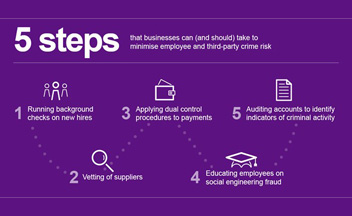At the beginning of March 2020, the European Commission designated 2021 as the ‘European Year of Rail’. The campaign has environmental and sustainability concerns at its core, but this forms only one part of a huge opportunity for growth in rail across the continent.
The rail industry is already in a good position to take advantage of increased demand for greener transport options. Rail accounts for 7.6% of passenger transport and 17.4% of freight transport within the EU, but only 0.5% of the greenhouse gas emissions (PDF, 3.2MB), and so is already an attractive option for people and businesses trying to minimise their carbon footprint.
Additionally, new lines, stations and supporting infrastructure are being built in locations across Europe, with more being planned for the future. It’s all good news for every type of business operating in the rail industry, from operating companies who can increase their passenger numbers with new services, to rolling stock and signalling manufacturers who will create the equipment required to support this growth.
But aside from this, the changing circumstances of the world around us could lead to an even greater modal shift towards rail, especially for passenger travel.
Many airlines have struggled in recent years, suffering with strong competition driving down fares and impacting their profitability. However, the industry is now facing even more pressure due to the outbreak of Covid-19 causing passenger demand to almost completely dry up for weeks or even months. The aviation landscape will be a very different one post-coronavirus, and it’s likely that many European airlines will be severely scaled back or even go out of business completely.
As a result, many passengers may be forced to turn to rail as the quickest, most affordable and most eco-friendly travel option available to them because they may no longer have viable ways of making their trips by air. And not only for business, but for tourism, too: the Euro 2020 football championships, originally scheduled for this summer, was to be held at venues across Europe on the basis that teams and supporters would fly from game to game. The tournament has now been postponed to 2021, but will a scarred aviation industry still be able to facilitate the movements of so many people by then? Or will passengers have to turn to high-speed rail options instead?
At this stage, none of us really know what the transport landscape will look like once the coronavirus pandemic has been dealt with. It may well be that a more permanent shift towards people working from home eases the strain on busy commuter lines while high-speed, long-distance rail travel continues to grow.
But what we do know is that people will still need to travel and that climate change will still be an important issue. And what is gradually becoming clear is that, with strong existing infrastructure and continued investment from the EU and national governments, rail is excellently placed to gain market share in the years to come.
Contact
Steve Medhurst
Global Rail Industry Specialist Lead
steve.medhurst@uk.rsagroup.com

